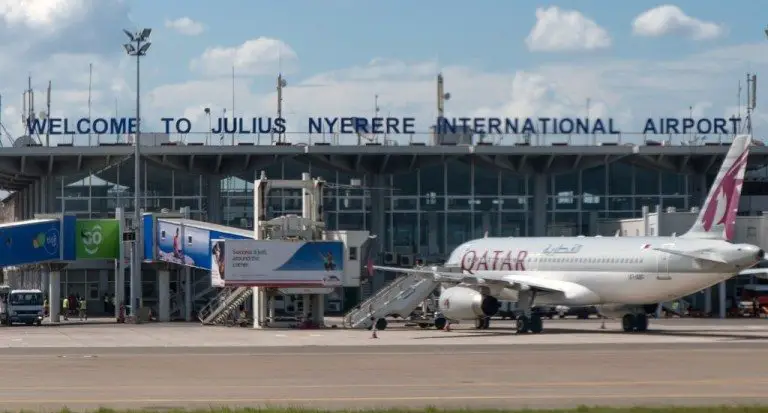US$1.8 billion is required to upgrade eight airports, Tanzania Airports Authority has said. Some projects are already in progress. Upgrading of all of them will however depend on the availability of money from the government, foreign donors and the Tanzania Airports Authority (TAA).
In the coming financial year, US$91.3 million will be allocated to upgrading airports.
Upgrading of the Julius Nyerere International Airport (JNIA) will cost US$1 billion and will be done in three phases.
Kigoma and Mtwara airports will be upgraded at a cost of US$ 36.3 milion and US$4.9 million respectively, according to a statement presented to the Ministry of Transport recently by TAA acting director general George Sambali.
US$78.5 million will be used to upgrade the Mwanza airport while Arusha, Tanga and Manyara airports will be upgraded at a cost of US$49 million each. US$16.2 million is the amount that will be spent on upgrading the Dodoma airport.
The document did not however indicate the amount of money that will be spent on upgrading Bukoba, Songwe,Mpanda and Mafia airports nor have amounts spent on ongoing projects been disclosed.
Works on JNIA, Songwe, Kigoma, Dodoma and Mwanza airports have already started.
The TAA’s objective is to increase the number of domestic air travellers to from 4.94 million recorded in 2013 to 18.51 million in 2033.
TAA is also projecting cargo handling to increase from 28,942 tonnes to 52,272 over the same period. The number of travellers at JNIA is expected to increase from 2.35 million to 9.4 million. The projection was to handle 21,891 tonnes of cargo in 2013 and raise the amount to 39,942 tonnes in 2033.
According to Mr Sambali, following the improvement of airports particularly those located near border regions, new routes will be opened to landlocked countries.
He is of belief that more people who travels to Nairobi and Johannesburg to get connections to those countries will be attracted to use the airports in Tanzania.
He attributed this trend to the lack of direct flights to those countries due to lack of a strong aviation industry in Tanzania.

Leave a Reply